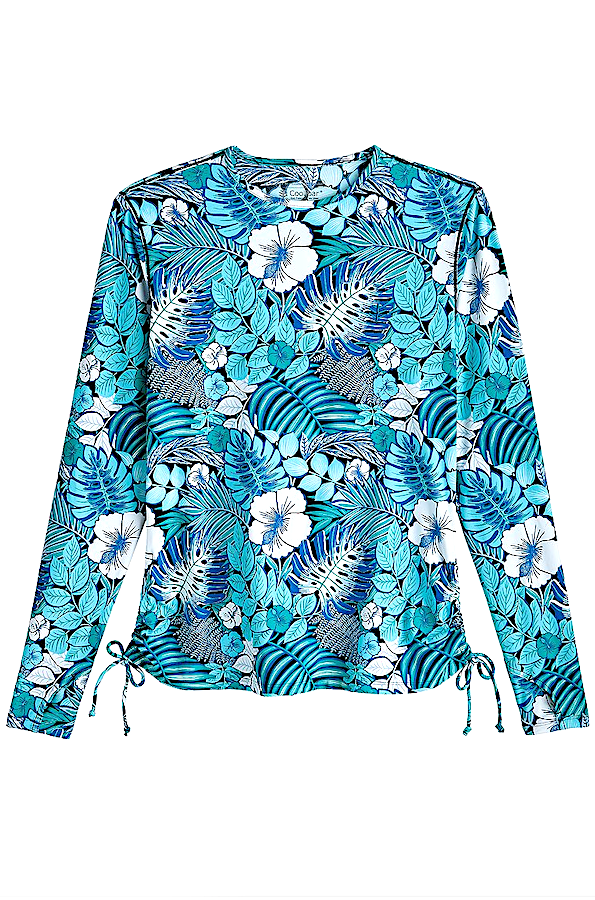Stop killing ocean reefs, do good use eco-friendly sunscreens. So what’s all the hoopla about sunscreens? Beyond the vitamin D debate, did you know the harmful ingredients are included in sunscreens wreaking havoc on coral reefs worldwide? Well, let’s take a closer look at the sunscreen effect.
The Sunscreen Effect: Poisons or Protective?
The International Coral Reef Initiative reveals sunscreens that include the ingredient oxybenzone to be the most harmful:
• Bleaching of coral fragments and coral cells from various species of hard coral,
• Induction viral infections,
• While damaging and deforming coral larvae (planulae) and the reproductive success of DNA.
Translation
OXYBENZONE and other coral reef killers damage adult corals and deform baby corals by creating a coffin ⏤ they encase themselves in their skeletons. 🤬
Stop Killing Ocean Reefs

Here’s a list of sunscreens that protect land & sea and their certified products that keep coral reefs intact and make you feel good about sunscreen purchases. Forget harmful sprays. They leach into the sand and eventually make their way into the ocean. A list of eco-friendly sunscreens that aren’t poisonous and help fight the sun’s damaging rays.
- Thinksport Safe Sunscreen (SPF 50+)
- Badger Sports Zinc Oxide Sunscreen Cream (SPF 35)
- Raw Elements Non-Nano Zinc Oxide Sunscreen (SPF 30)
- Blue Lizard Australian Sunscreen – Titanium And Zinc Oxide Formula SPF 30+
- Sun Bum Reef Friendly Ingredients Sunscreen (SPF 30)
2019 Eco-Friendly Sunscreen Newcomers
- KLAR Pure Zinc Oxide SPF 30 Biodegradable Reef Safe
- TruKid Sunny Days SPF 30 Mineral Based Sunscreen
- Kokua Hawaiian Reef Safe Natural Zinc Sunscreen SPF 50
- Saje Wellness’ Sun Guard
- OR DIY Sunscreen
Stop Killing Ocean Reefs Do Good – Use Eco-Friendly Sunscreens in Hawaii

In July 2018, Hawaii became the first U.S. state to ban the sale of sunscreens containing two common chemicals, oxybenzone, and octinoxate, which many researchers worldwide have deemed potentially harmful to aquatic life.
Florida is also jumping on the bandwagon as officials in Key West banned the sale of sunscreens with those ingredients. The entire state of Florida is also joining in as legislation was presented in February 2019 –laws will go into effect in 2021. Retailers have agreed to stop carrying products that contain oxybenzone (a policy expected to go into effect in 2020). More good news, more and more sunscreen makers aren’t using oxybenzone or octinoxate. Be sure to check the label for “reef safe” verbiage.
Skip Plastic Bottled Sunscreen and Go for Eco-Friendly SPF Beachwear

Why not skip the plastics, tubes, and what-have-you’s, and wear SPF protective clothing. Think about it; it lasts longer, and you can always recycle – sustainable gear. Of course, you’ll want to do your research and skip FAST FASHION brands. 🥳And stay in the shade, use an umbrella or go to the beach, lake, or river in the wee hours of the morning or early evening when the chances of getting a sunburn decreases.
Happy Oceans
The ocean is my happy place. Don’t you want it to be beautiful and sustainable forever? Without coral reefs, the chances are slim. Do YOUR part and choose wisely. 🥳
Reef Madness
It seems like everyone is diving into the discussion of sunscreens these days. In the June issue of Oprah Magazine, I stumbled upon an article entitled Reef Madness.
This article takes another look at sunscreen and its impact on our oceans. Won’t go into detail here, but the article’s essence explains when sunscreen is tested in a lab setting, it’s in a highly concentrated state. This logic makes sense, yet I agree to disagree.
In the U.S. alone, 1.8 billion people took vacations in 2018. OK, I’m not saying 1.8 million people go to the beach, but even if 50% of these people were beach-bound, it’s still a lot of chemical sunscreen residue going into our oceans.
And think about the people who live near lakes and beaches that use sunscreen daily? These chemicals are not naturally occurring and don’t belong in our oceans or lakes. Period.
Related Discussions
The Oprah article also touches on different ingredients in sunscreens and the impact each element has. Another genuine concern is people skipping sunscreen altogether. While the intention is good, the idea of not protecting your skin is not good. As with all things in life, there are no easy answers. My best advice on the topic, wear sun-protective clothing.
Sunscreens Poison or Protector?
I hope you found this article to be helpful. It’s always my intention to help you #dogood in the world by giving you information to assist you in making the best decisions for you.
And of course, listen to your personality when deciding on any topic as it will always guide you in the right direction!
Celebrate World Reef Day every day!






